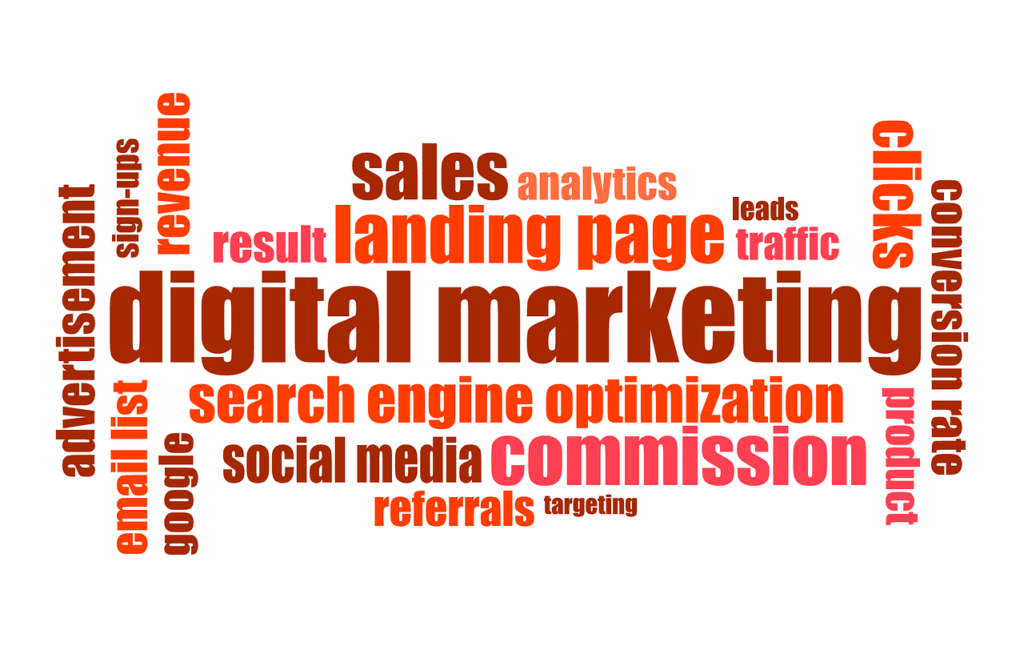Marketing Campaigns Unveiled: Types, Strategies, and Inspiring Examples

How to Earn Money from Your Blog Using Google AdSense
Marketing campaigns are strategic efforts designed to achieve specific business objectives, such as increasing brand awareness, driving sales, or launching new products. They involve a series of coordinated activities and messaging across various channels to reach and engage a target audience effectively. A well-planned marketing campaign can significantly enhance a brand’s visibility and impact customer decisions.
How to Earn Money from Your Blog Using Google AdSense
Types of Marketing Campaigns

1. Digital Marketing Campaigns
Digital marketing campaigns effectively utilize online platforms such as social media, search engines, and email to engage audiences. Additionally, they are designed to achieve specific goals, such as boosting visibility or driving conversions. Furthermore, these campaigns encompass various strategies tailored to different objectives. For instance, Search Engine Marketing (SEM) involves placing paid ads on platforms like Google to appear prominently in search results. Moreover, social media campaigns create targeted ads or viral content on Instagram, Facebook, or TikTok. In particular, email campaigns focus on delivering newsletters, promotions, or updates directly to a subscriber list. Similarly, they build connections by providing value and fostering trust.
As an example, a fitness brand may run a social media campaign featuring influencer collaborations and giveaways to increase brand awareness. Consequently, such strategies enhance customer engagement and loyalty. Meanwhile, businesses benefit from improved audience insights. In contrast, traditional methods often lack these interactive elements. However, by leveraging digital platforms, marketers achieve higher flexibility and scalability. Thus, businesses can effectively target specific demographics. Eventually, these efforts lead to measurable growth. Therefore, adopting a strategic approach in digital campaigns is crucial for long-term success. Overall, digital marketing offers numerous opportunities to connect, engage, and inspire action. Lastly, it ensures businesses remain competitive in today’s fast-paced digital landscape.
2. Product Launch Campaigns
These campaigns are crafted to launch and promote a new product or service in the marketplace. They create excitement and curiosity around the launch through teasers, promotions, and events.
Example: A tech company unveiling a new smartphone through a mix of social media teasers, live launch events, and pre-order discounts.
3. Brand Awareness Campaigns
Brand awareness campaigns aim to enhance public recognition and familiarity with a brand’s identity and offerings. These campaigns often focus on storytelling and values rather than immediate sales.
Example: A sustainable fashion brand sharing its eco-friendly manufacturing process in a series of social media videos to connect with environmentally conscious consumers.
4. Seasonal Marketing Campaigns
These campaigns align with holidays, events, or seasons, taking advantage of timely themes to engage customers.
Example: A retailer promoting holiday discounts during Black Friday or creating limited-time collections for Christmas.
5. Content Marketing Campaigns
Content-driven campaigns focus on delivering informative or entertaining material that resonates with the audience, helping to establish credibility and build trust over time.
Example: A software company producing a blog series and eBooks on industry trends to position itself as an expert.
6. Cause Marketing Campaigns
These campaigns tie a brand to a social cause or charity, appealing to customers’ values and fostering goodwill.
Example: A cosmetics company pledging to donate a portion of profits to cancer research during Breast Cancer Awareness Month.
7. Retargeting Campaigns
Retargeting campaigns focus on re-engaging users who have previously interacted with the brand but didn’t convert. They use data-driven ads to encourage these users to complete desired actions, like making a purchase.
Example: An e-commerce website using ads to remind shoppers of items left in their cart.
How to Create a Successful Marketing Campaign

An effective marketing campaign depends on thorough planning, seamless execution, and detailed performance evaluation. Here are the key steps:
Define Objectives: Clearly outline what you aim to achieve, whether it’s boosting sales, increasing website traffic, or growing your email list.
Understand Your Audience: Research your target market’s needs, preferences, and behavior to create relevant and appealing content.
Choose the Right Channels: Select platforms and methods that align with your audience and campaign goals.
Create Engaging Content: Develop compelling messaging and visuals that resonate with your audience and convey your value proposition.
Track and Measure Results: Use analytics tools to monitor campaign performance and make necessary adjustments for optimization.
Conclusion
Marketing campaigns are powerful tools that businesses use to achieve their objectives, whether it’s launching a product, raising awareness, or driving sales. By understanding the types and strategies behind effective campaigns, brands can create impactful messages that connect with their target audience. With the right planning and execution, marketing campaigns can transform customer engagement and boost business growth.



